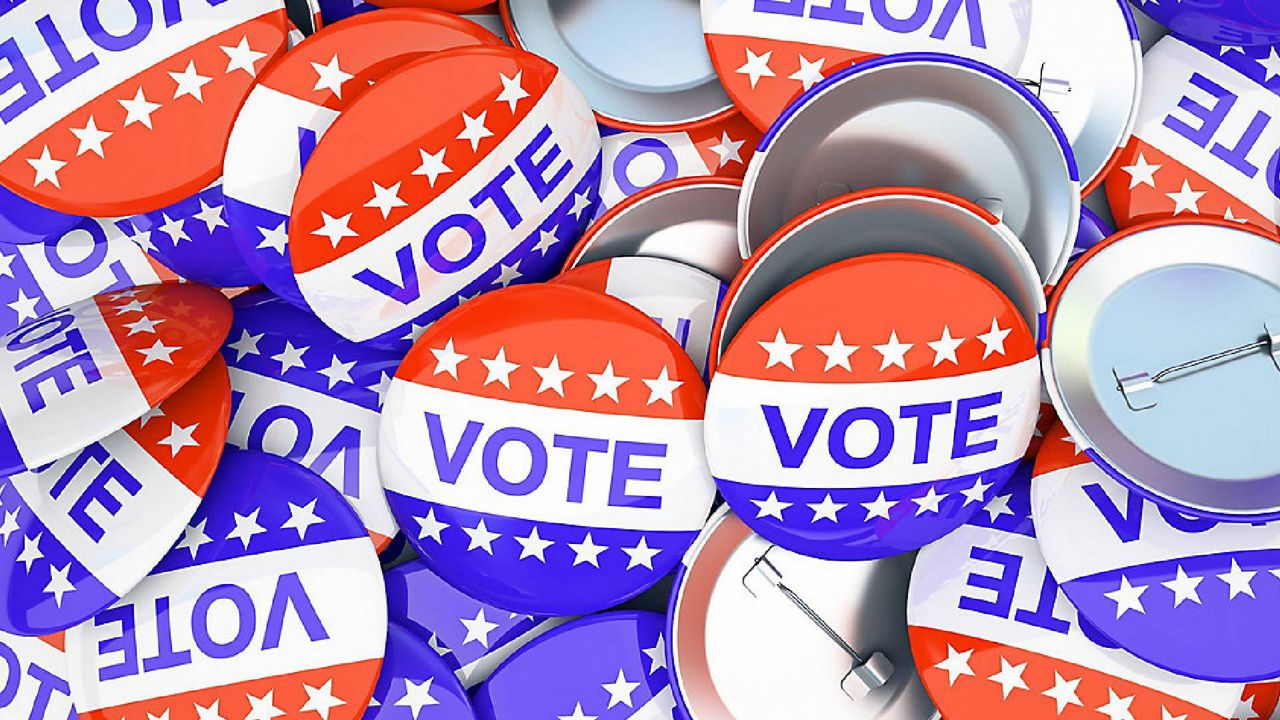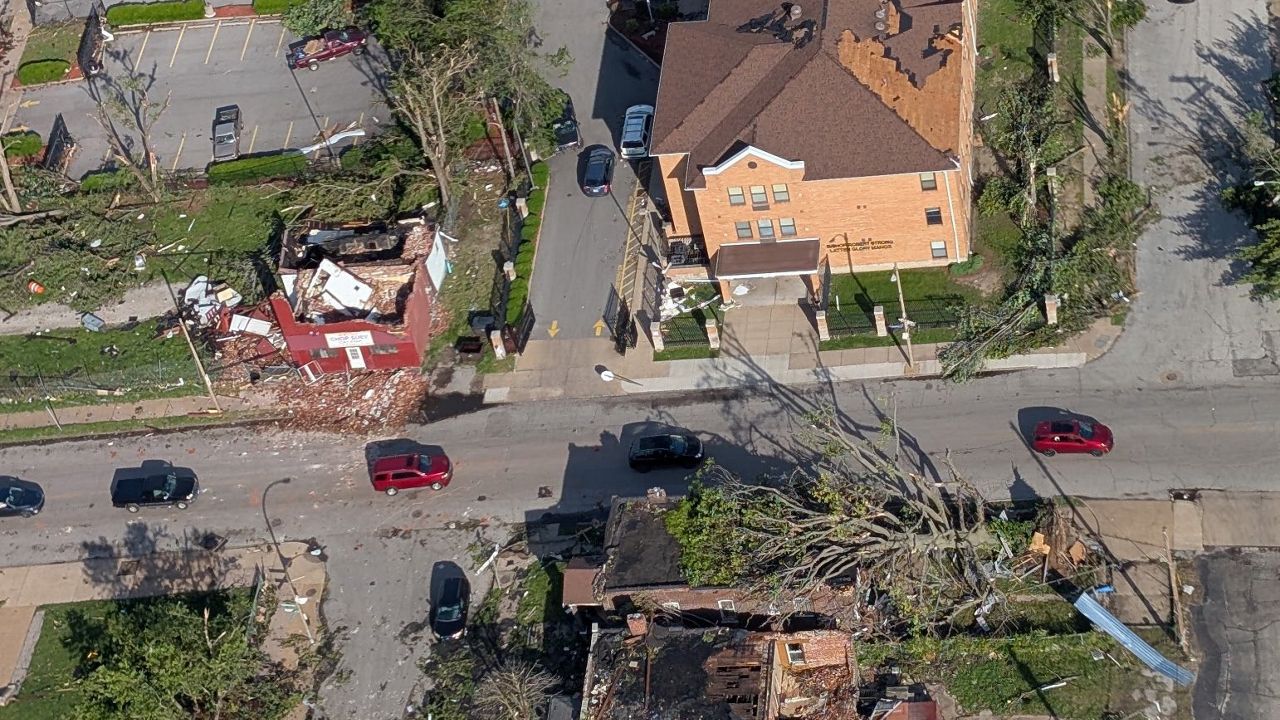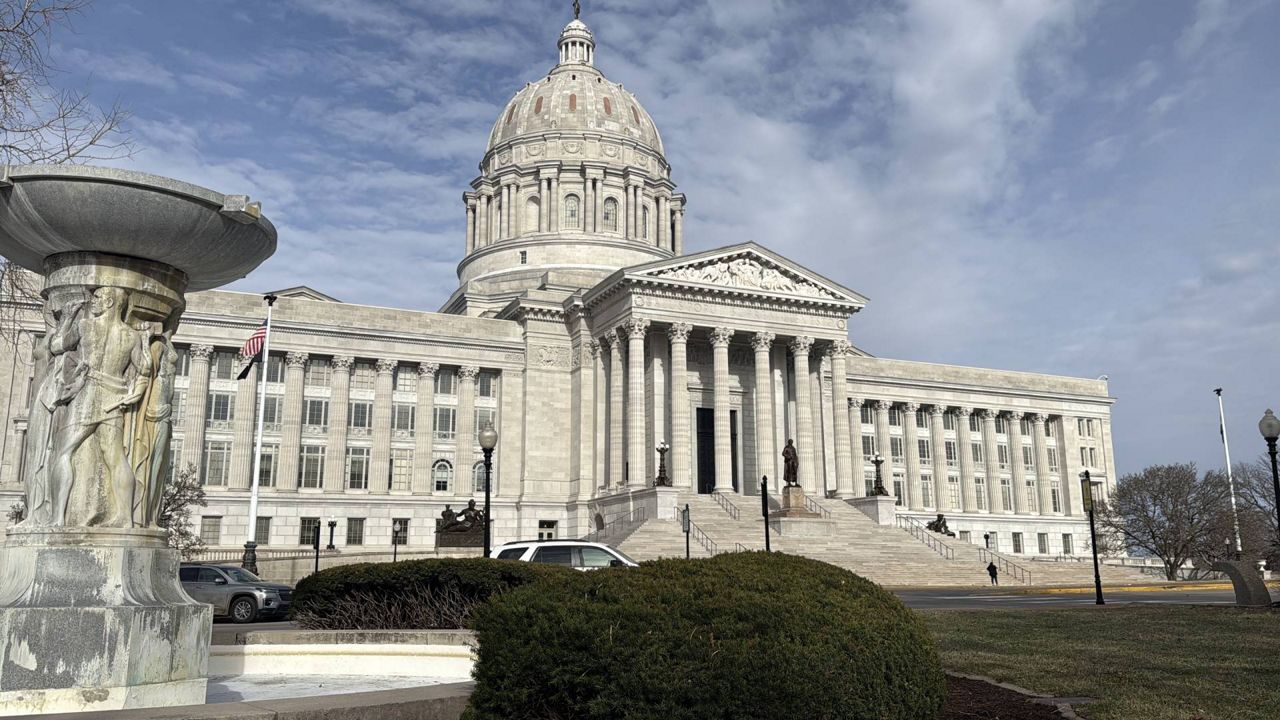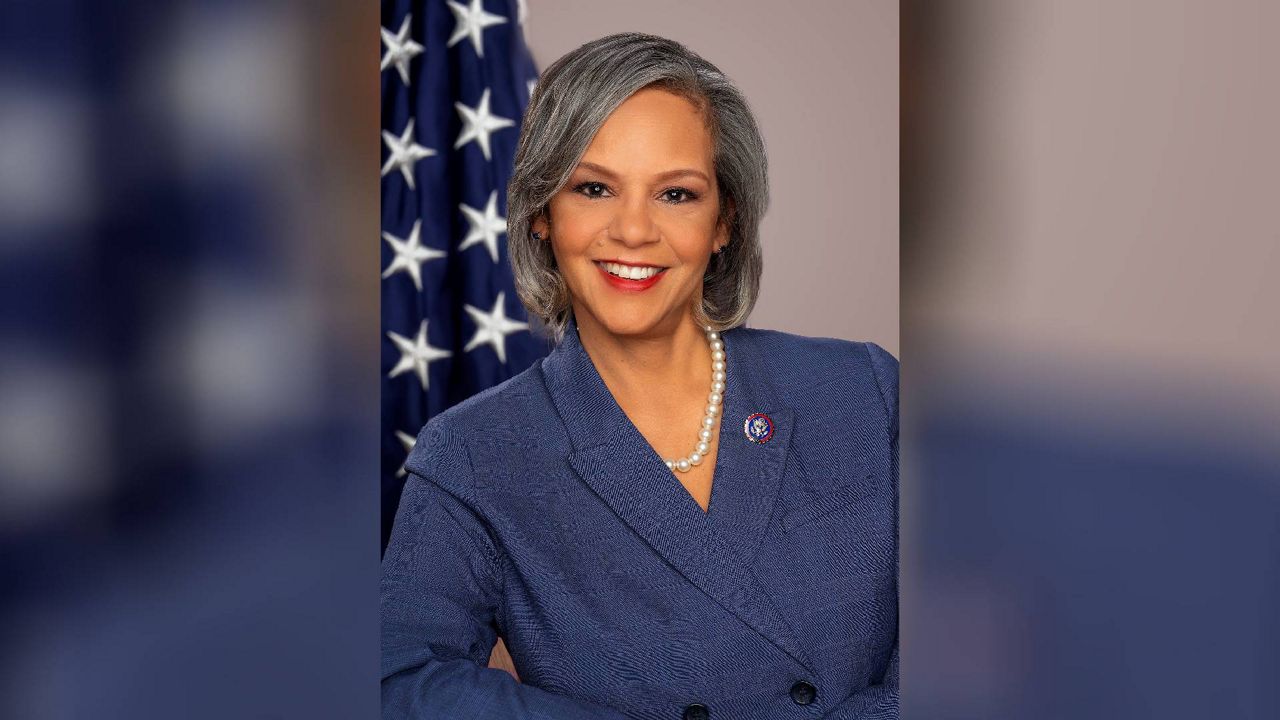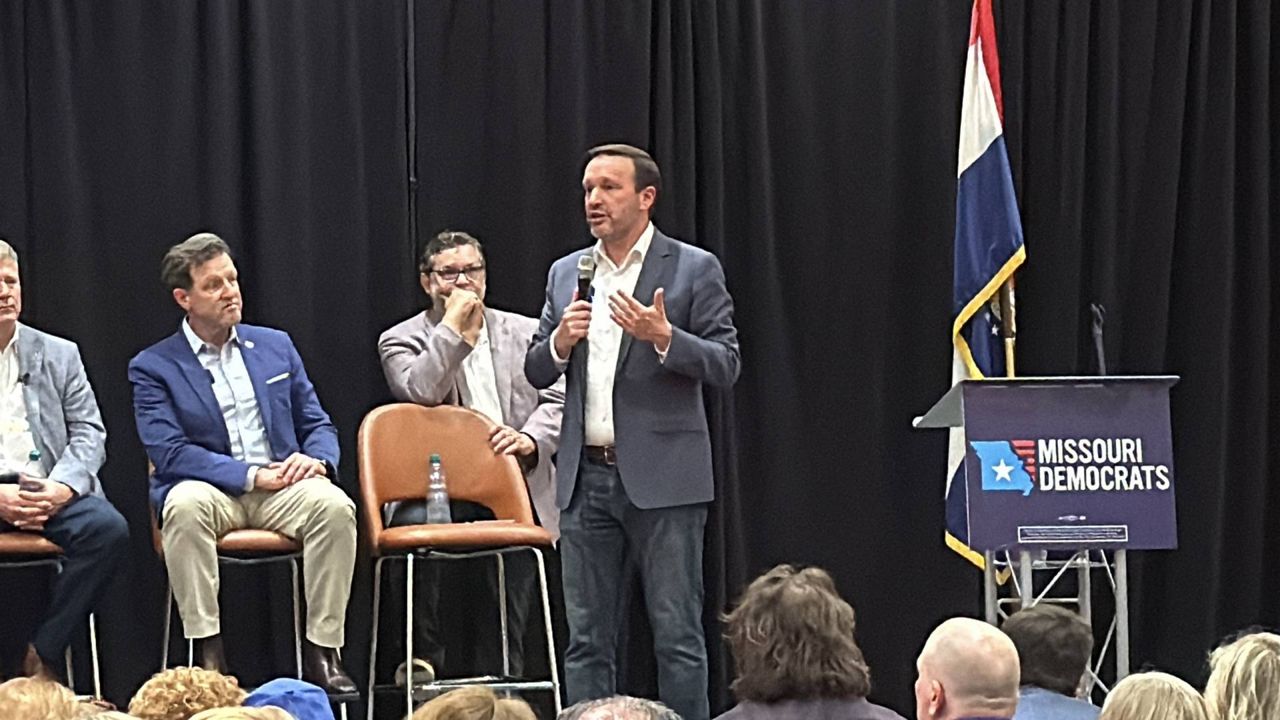ST. LOUIS—While September has always been a month connected to a fresh launching point for any given political campaign season, in Missouri it is the political parties more than candidates, which hope to take key steps to clarify how, and in part when, the state’s presidential selection processes will play out.
In 2022, state lawmakers eliminated the state-run presidential primary as part of a larger elections bill that added early voting and voter ID components.
In the 2023 session, Republican and Democratic Party officials lobbied in favor of bringing the state-run primary back but various bills that would have done it failed to get across the finish line by the end of session in May.
“Missouri may be the last or second to last state in the country to be getting our plan done because we were delayed hoping the legislature was going to change this back to the primary and that didn’t happen, then we had to really dig in, see how we’re going to make this work and so it really delayed our entire process,” Missouri Democratic Party Chair Russ Carnahan told Spectrum News this week in an interview.
Eliminating the state-run primary doesn’t automatically mean the political parties had to switch to a caucus system.
The process for Democrats had led to what Carnahan described as a hybrid plan. This week the party revealed the draft plan for how it will allot 42 at-large delegates and five alternates to qualified presidential candidates.
The party will use a combination of mail-in voting and in-person voting at select locations on March 23, 2024, from 8 a.m. to 12 p.m. The party is giving itself until March 25 to count the ballots, and until March 28 to announce the results, hoping to operate on a faster timeline.
The plan is open for public comment until Sept. 26, 2023 and still needs final approval from the Democratic National Committee.
Carnahan said the challenge was coming up with a system that doesn’t limit access. By some measures, caucuses attract less than 1% of eligible voters.
“We’re trying to find a way to increase that participation, make it more Democratic, and make it more inclusive for people that may have hard time getting to an actual meeting. We’re trying to make lemonade out of lemons here,” he said.
The process isn’t cheap. From voter education to carrying out the vote, the total cost could be up to $450,000. If the party doesn’t have funds raised by then, it reserves the right to scale back its plans. “Options may include adjusting the RFP to reduce the delegate selection plan to postal mail ballot only, or other changes, with all significant changes to be subject to approval by the Missouri Democratic Party State Central Committee,” according to the draft.
The Executive Board of the Missouri Republican Party will meet Sept. 9 to consider the rules it will follow for what may be a more traditional caucus, which will need Republican National Committee approval.
A caucus date hasn’t been set yet, but there are already training sessions planned around the state in Jefferson City in September and St. Louis in October.
“A lot of these people have never been through a caucus before,” said Rene Artman, Chair of the Republican Central Committee of St. Louis County, and an Executive Board member.




